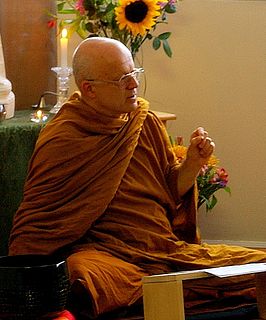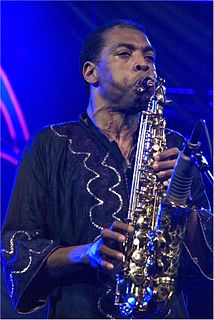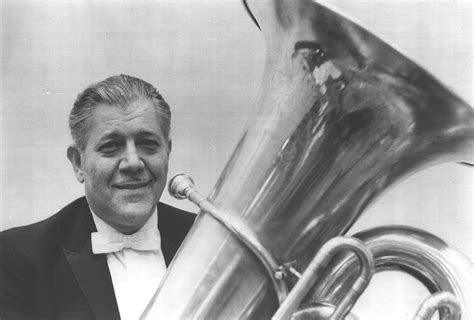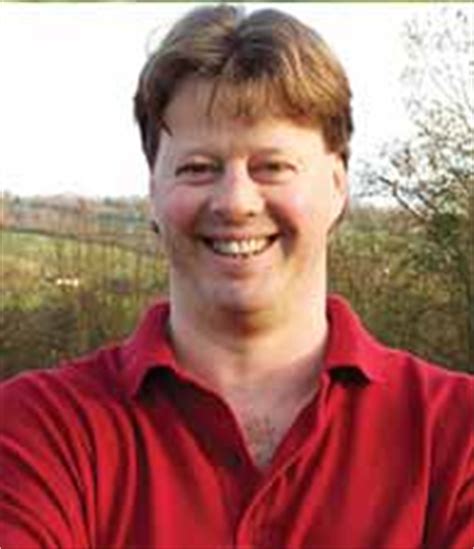A Quote by Thanissaro Bhikkhu
The key to maintaining your inspiration in the day-to-day work of meditation practice is to approach it as play—a happy opportunity to master practical skills, to raise questions, experiment, and explore.
Related Quotes
We should be able to bring the practice of meditation hall into our daily lives. We need to discuss among ourselves how to do it. Do you practice breathing between phone calls? Do you practice smiling while cutting carrots? Do you practice relaxation after hard hours of work? These are practical questions. If you know how to apply meditation to dinner time, leisure time, sleeping time, it will penetrate your daily life, and it will also have a tremendous effect on social concerns.
Buddhas can take you to the boundary line of meditation and samadhi. That is the only difference between meditation and samadhi. If your mind has become utterly quiet and silent, but only the master is there, then it is meditation. If your mind has become so quiet that even the master has disappeared, it is samadhi. The last barrier is going to be the master. He will take you out of the world, but one day you will have to leave him too. And the real master will always keep you alert that you have to leave him one day, at the final stage.
I really do think inspiration comes from day-to-day life. I think there's things that pique our interest - not necessarily aha! moments - but things that just kinda make you raise your eyebrows. And those are often the moments that are the seeds of inspiration. Sometimes they're in a great conversation with friends, sometimes they're things you see live, something you read, a movie trailer you watch... I think inspiration is kind of laid out there. One thing we have to practice is recognizing when it happens, and recording that moment so we can come back to it.
Most poor people are not on welfare. . . I know they work. I'm a witness. They catch the early bus. They work every day. They raise other people's children. They work every day. They clean the streets. They work every day. They drive vans with cabs. They work every day. They change beds you slept in these hotels last night and can't get a union contract. They work every day . . .
Continuous practice, day after day, is the most appropriate way of expressing gratitude. This means that you practice continuously, without wasting a single day of your life, without using it for your own sake. Why is it so? Your life is a fortunate outcome of the continuous practice of the past. You should express your gratitude immediately.
Integrated meditation practice is like a healthy diet
which is indispensable for maintaining your vitality and resistance to disease.
Likewise, a balanced meditative practice in the course of a socially engaged way of life
heightens your psychological immune system, so that you are less vulnerable to mental imbalances of all kinds.
There should be a period of time during each practice session when you perform. Invite some friends in to your practice room and play a passage or a page of something. ... What I'm trying to indicate is that each day should contain some amount of performing. You should engage in the deliberate act of story telling each day you practice. Don't only gather information when you practice, spend time imparting it. This is important.
The examen is a form of personal inventory. At day’s end, spend time in prayerful reflection on your day: your comings and goings, routines and disruptions, work and play, discoveries and disappointments. Think about who you met, or missed. Think about your moments of aloneness. In all, ask two questions: when was I most alive, most present, most filled and fulfilled today? And when was I most taxed, stressed, distracted, depleted today? A simpler, and more spiritually focused, version of those questions: when did I feel closest to God, and when farthest?



































